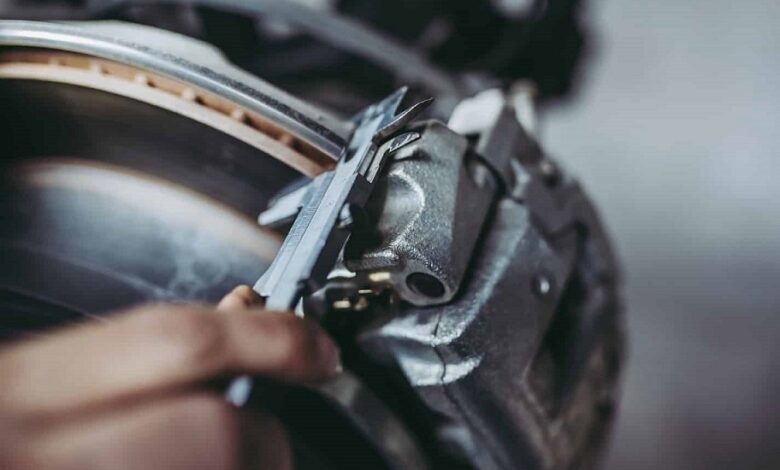
As soon as possible, you should have new brake pads. This is an essential safety measure that should never be overlooked. Having functional brakes at all times is essential for staying on the road and not colliding with other vehicles. Once a year, check to see whether your brake pads still do their job; if you see any indications of wear and tear, replace them immediately.
The significance of brake pads
Without the brake pads, you would be unable to stop your car. They’re mounted on the wheels’ rotors and aid the braking caliper in its stopping or slowing tasks. Like tires, brake pads eventually wear out and need to be replaced.
Change your brake pads at the right time
Given the progressive nature of brake pad wear, there is no set mileage at which they must be changed. But if you notice any of the following, it’s time to replace your brake pads:
Those that don’t slow down enough
A sign that your brake pads are worn and require changing is if you hear a grinding sound when you use the brakes. The pads’ inability to dampen sound increases both its loudness and its frequency as they wear. There’s a good chance you’ll damage your rotors if you do this.
When the brake pads have worn down to the point that they no longer provide enough friction, the brake pedal may feel mushy. It’s conceivable that the brakes won’t engage even if you push the pedal all the way down. An ABS warning light might illuminate, or the brakes could fail to engage.
Why do I need to keep up with brake pad maintenance?
More goes into a quality brake pad than merely stopping power. Many factors should be taken into account when selecting a brake pad including its capacity to absorb and distribute heat, its rate of wear, and the amount of noise and dust it generates.
Brake pads are an important safety component of your vehicle, therefore you should handle them with great care. To make sure your brakes are in good shape, check the indications for worn brake pads that are easily placed around the wheel rim. The brake pads should be checked when the green signal line becomes almost invisible. When the brakes are applied, they need a certain amount of surface area to grab onto, and if more than the green area has been worn away, they won’t work properly.
How often should I change the brake pads, and when should I do it?
Maintaining your vehicle’s brake pads at the same intervals as you change your oil and check your tire pressure is essential. Keep a close eye on them at every gas stop to ensure they are still in good working order. If you see any wear on your brake pads, you should replace them right away. Taking precautions before your brakes completely fail is the better course of action.
There’s a good chance that your brake pads prevented an accident. The risk of a catastrophic collision increases if you don’t check to see whether they’re in excellent working order.
This is the most important data about brake pad replacement
That delaying them will only make things worse. If you wait too long to act after seeing a red flag, it might be too late since your car won’t have as much stopping force. If you have some downtime, it’s a good idea to swap them out with new ones




